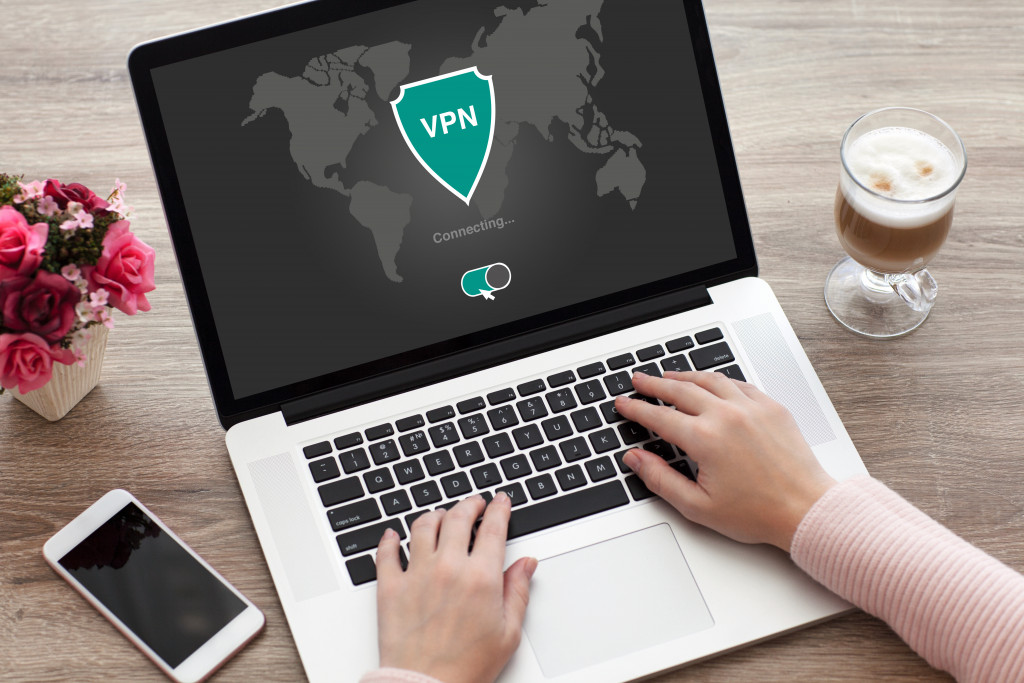Working from home has allowed for much greater flexibility that many employees prefer today. However, it has also necessitated numerous adjustments on how workers connect to the office network.
Onsite work setups have the advantage of easily managed firewalls, antivirus software, and hybrid PBX solutions all in one place. On the other hand, remote work means that employees have to access and collaborate on project files in the cloud from their own internet connections. Work communications, such as emails and business messaging apps, also take place at home.
Having employees working from different locations all at once exposes your business to many cyberthreats without the proper protective measures. Organizations have to devise strong remote work protocols to prevent any issues.
Best Practices for Remote Work Security
Every business, even a small one, needs to take great care in protecting its digital assets. Here are the best ways to help employees keep company data protected while working remotely.
1. Activate multi-factor authentication
Have every team member set up multi-factor authentication for various websites relevant to work. This ensures that no one is entirely reliant on their password to access files since MFAs use biometrics, mobile apps, one-time passwords, and the like to allow access.
Still, instruct employees to have strong passwords. They should change it every three months at least, too, for increased protection. This is also a good way to reduce the risk of hacking or shorten the length of access a hacker has to an account should it be compromised at any point.
However some security experts do not recommend periodic password changes anymore, but only if a person’s current password is highly unique and they have MFA activated.
2. Give employees VPN access
With most, if not all, employees working from home, you need to ensure that everyone has access to a VPN. VPNs hide employees’ IP addresses and mask the location from which they are accessing your networks. They also encrypt data as they are transferred across the web, masking the identities of users.
Remember that not all VPN providers were created equal. Steer clear of free VPNs and compare brands to find one most suitable to your needs.

3. Back up all important files regularly
As much as possible, use a secure online backup service to store your company’s important documents. Many in the market can initiate automatic backups on behalf of your system, so it helps to choose a service that leaves you with fewer things to worry about.
Online backups should still come hand in hand with an offline copy of files in an external drive such as an SSD or HDD. This just further ensures that your business does not lose sensitive information throughout your remote work arrangements.
An important point is to discourage employees from saving sensitive files in their local storage. This introduces an unnecessary security risk for your business.
4. Make sure your team is well informed about cybersecurity
Before deploying your employees to work from home, equip them with adequate security knowledge on protecting their personal information and your organization’s assets. IT experts in the team should assist with the nitty-gritty, but they must know basic practices.
Firstly, teach them how to distinguish phishing emails from regular ones. Many scams today prey on unsuspecting victims, so it is important to give employees a guide on how to weed out the harmful ones from others.
You should also instruct employees not to connect to your corporate network through unprotected public Wi-Fi, where hackers gain easier access to their accounts. Have IT experts also provide information on how to secure home Wi-Fi networks.
5. Let them use company-issued devices for working from home
If your company has the ability to do so, provide team members with laptops that your IT team can configure ahead of time. Company laptops will have fuller security controls that will protect the information you access through these devices.
Enforce a strict rule on the use of company devices to make sure they are only used for work purposes. Since you can expect that at least 30% of your employees rsquo; internet activity, especially remotely, is not related to work, have them use only their personal devices for personal browsing.
Remote Work Security Is a Team Effort
Remember that building a secure corporate network from different locations is going to be challenging. It will require the cooperation of everyone involved. Emphasize the necessity of online security and extend assistance where needed to create an effective and impenetrable security environment for your remote team.

